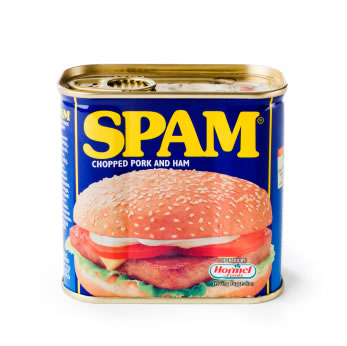Audio Control bar goes here
*******
The links below will help you with translating tools between English and Spanish.
1. Audio of a words in both English and Spanish. Will also translate phrases.
2. Google Search - Espana: The word can be typed in English, and the search finds results in Spanish, including images
3. Also Google Arabic is available.
2. Google Search - Espana: The word can be typed in English, and the search finds results in Spanish, including images
3. Also Google Arabic is available.
Changes in U.S. Policy
Isolationism
See how the record player, which represents the US people, is shouting???
You may remember from our study of WWI that after that war the U.S. wanted to go back to a policy of Isolation. That means they wanted to stay to themselves and NOT get involved in any European wars. In fact it was this desire to not get involved with other countries that led to our not joining The League Of Nations after WW I.
Then there was The Great Depression. People were hurting ALL OVER the world.
No country could get away from the problems. It is not surprising that each country would look out for their own people first. The U.S. also did this. They thought it was better to look out for hungry and homeless U.S. citizens first. The best way to do this was to not get too involved with other nations. This was Isolation.
Homeless people during the Great Depression
No country could get away from the problems. It is not surprising that each country would look out for their own people first. The U.S. also did this. They thought it was better to look out for hungry and homeless U.S. citizens first. The best way to do this was to not get too involved with other nations. This was Isolation.
The lines represent the supplies we were sending to countries involved in the war we wanted to support. We did this BEFORE we our soldiers were fighting.
Click here for a graph that shows how much was being spent
The U.S. was not yet involved, but it was becoming clear to many that they eventually would. They began to feel a need to help out those countries they had sympathy for by providing them with war material (ships, planes, guns, trucks, ammo, FOOD, etc).
A program was developed to do this called the Lend-Lease program. A total of $50.1 billion (equal to $759 billion at 2008 prices) worth of supplies were shipped: $31.4 billion to Britain, $11.3 billion to the Soviet Union, $3.2 billion to France and $1.6 billion to China. In return the U.S. got a promise to some day return the equipment, and to allow us to use some of the air bases belonging to Britain
One of the really strange products sent to the Soviet Union was Spam.

It is chopped pieces of pork meat in a can. Some say it kept the Soviet army from starving.
Lend-Lease Spam

Modern-Day Spam
Spam on plate
We were not yet directly involved, but were getting closer. In fact, after we started sending Lend-Lease goods to Europe, Germany decided to start sinking our ships, EVEN IF they were not in the official zone of war.
This table shows how much we helped each country we helped
Country
|
Value in
Millions of Dollars
|
31,387.1
| |
372.0
| |
10,982.1
| |
39.2
| |
3,223.9
| |
21.6
| |
1,627.0
| |
18.9
| |
251.1
| |
8.3
| |
159.5
| |
7.8
| |
81.5
| |
7.1
| |
47.0
| |
6.6
| |
42.9
| |
5.5
| |
32.2
| |
4.5
| |
19.0
| |
2.6
| |
12.5
| |
2.0
| |
11.6
| |
1.6
| |
5.3
| |
1.4
| |
5.3
| |
0.9
| |
4.4
| |
0.9
| |
0.9
| |
0.4
| |
0.6
| |
0.2
| |
Total
|
48,395.4
|
U.S. involvement in WW II changed totally on December 7th, 1941. That is when the Japanese carried out a surprise attack on our navy at Pearl Harbor, Hawaii.
We were not at war with them at the time. Yes, we were talking with them at the time about building tensions between our two countries in The Pacific Ocean region. However, there had been no notification that they intended to attack.
The next day President Roosevelt appeared before a joint session (both the Senate and House of representatives) of Congress (Lawmakers in U.S.). He gave this speech
This is from a movie, and shows the opening of the attack at Pearl Harbor.
We were not at war with them at the time. Yes, we were talking with them at the time about building tensions between our two countries in The Pacific Ocean region. However, there had been no notification that they intended to attack.
The next day President Roosevelt appeared before a joint session (both the Senate and House of representatives) of Congress (Lawmakers in U.S.). He gave this speech
December 8th, 1941 Speech
By the time the war was over the U.S. would send 16,000,000 men and women into uniform to fight in one part or another of the United States armed forces. When the war was over 418,500 U.S service people had given their lives (died) fighting for freedom. In comparison, the Soviet Union had 26,954,000 men and women, both civilians and military (army) killed.

+The+proud+but+desperate+British..jpg)

